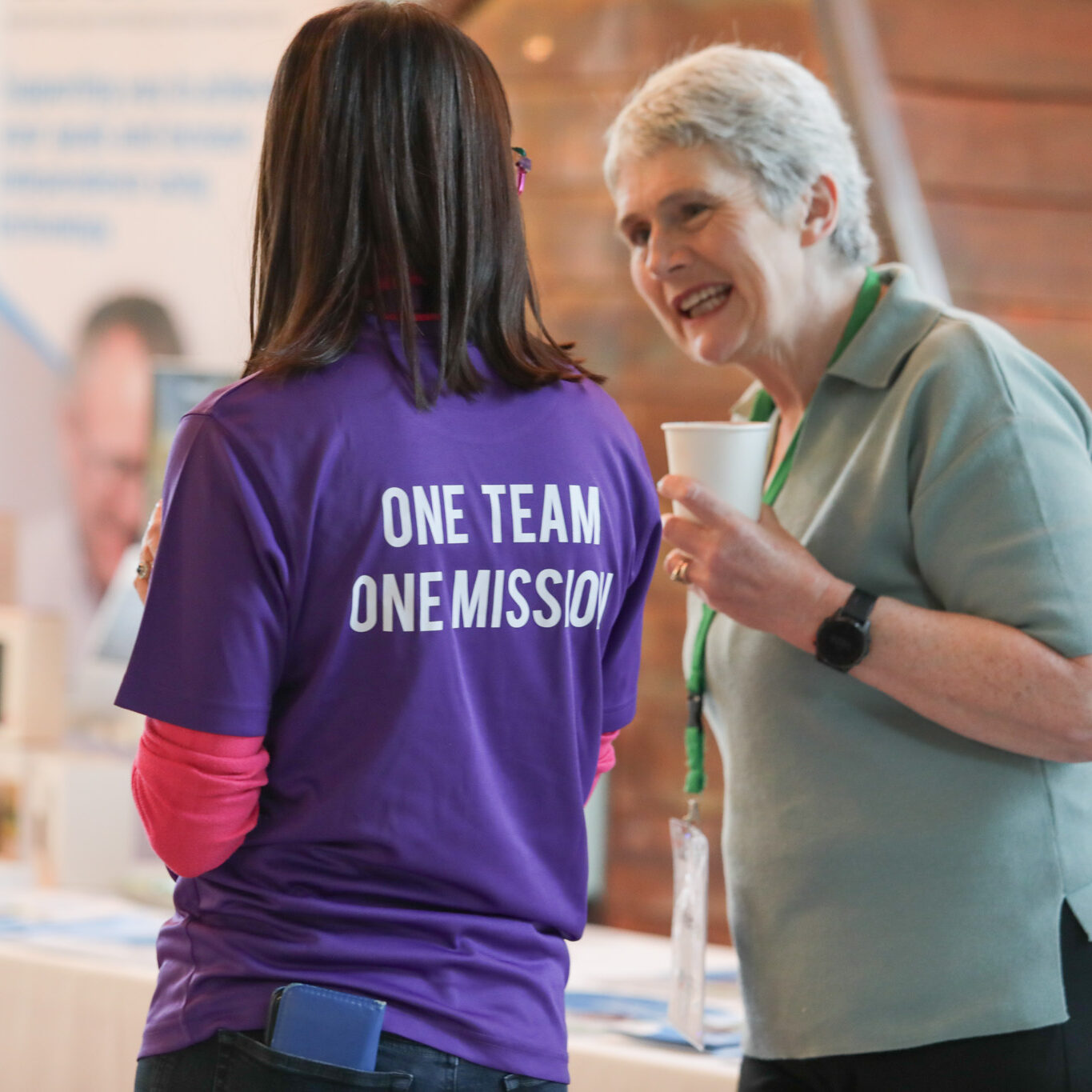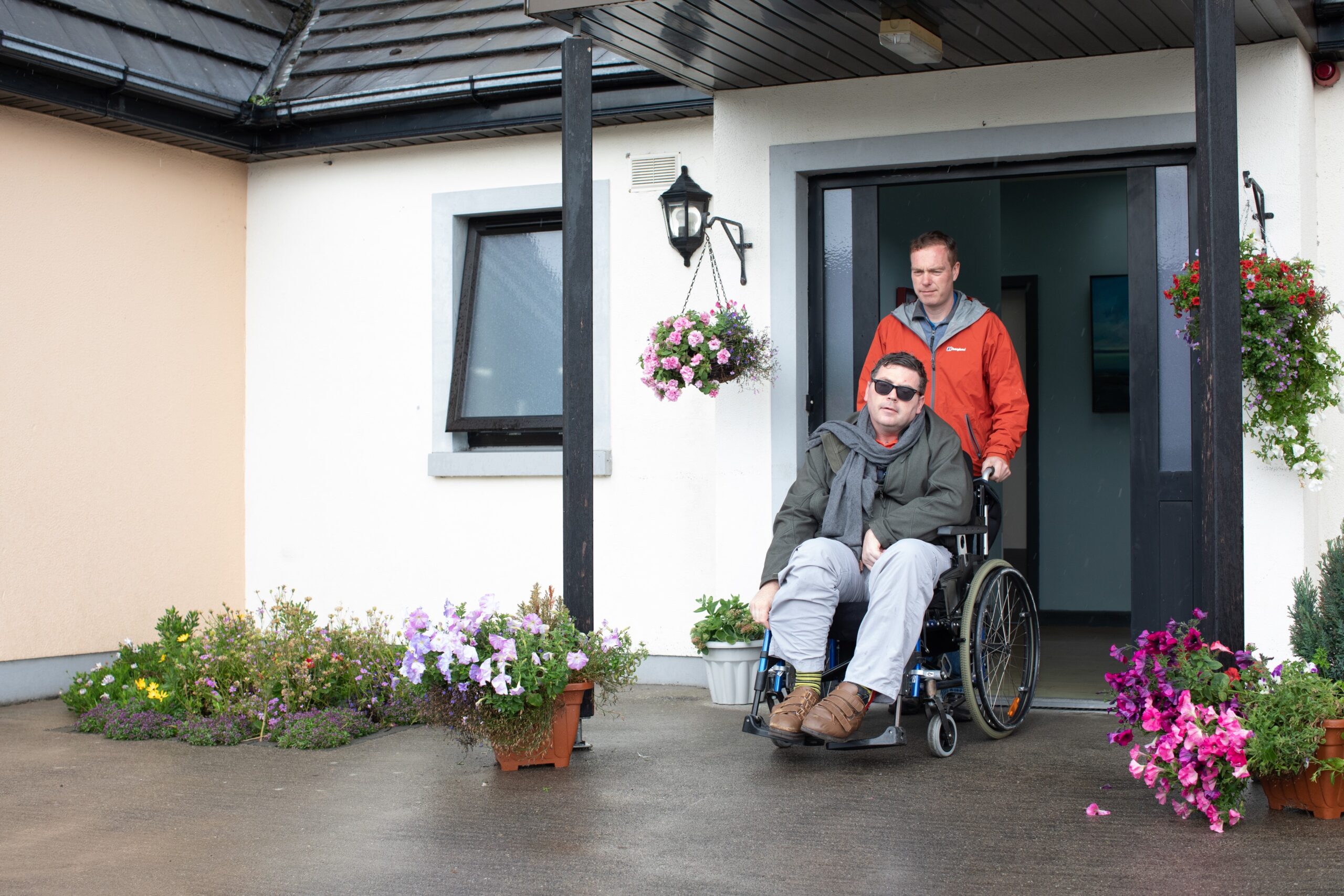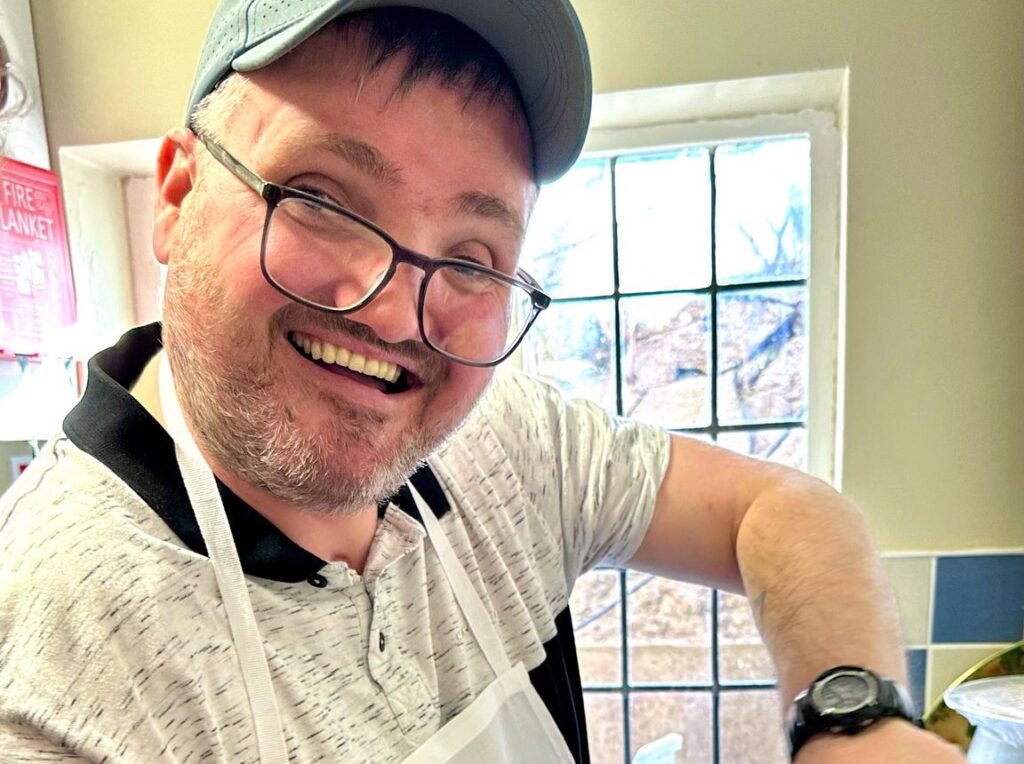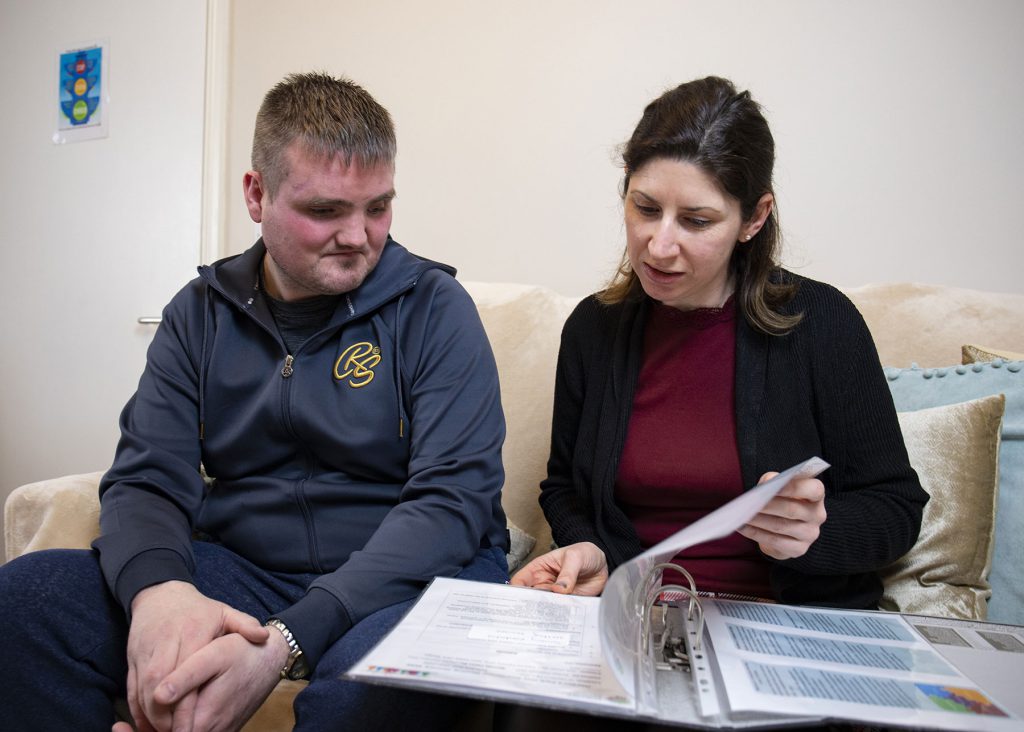Acquired Brain Injury Ireland (ABI Ireland) has welcomed measures announced by Ministers Norma Foley TD and Hildegarde Naughton TD, as part of Budget 2026, including:
- €10 million to transition people with disabilities under 65 out of inappropriate nursing home placements and back to community living;
- €3 million to continue the development of Community Neuro-Rehabilitation Teams (CNRTs); and
- Additional investment to support the sustainability of organisations providing disability services.
Dr Karen Foley, Chief Executive of Acquired Brain Injury Ireland, said:
“Yesterday’s announcements marked important progress toward realising the right to rehabilitation and community living for people with disabilities. Acquired Brain Injury Ireland has long advocated for the rights of young people inappropriately placed in nursing homes, most recently since the Ombudsman’s Wasted Lives report in 2021. We welcome the Government’s clear commitment to act on this issue.”
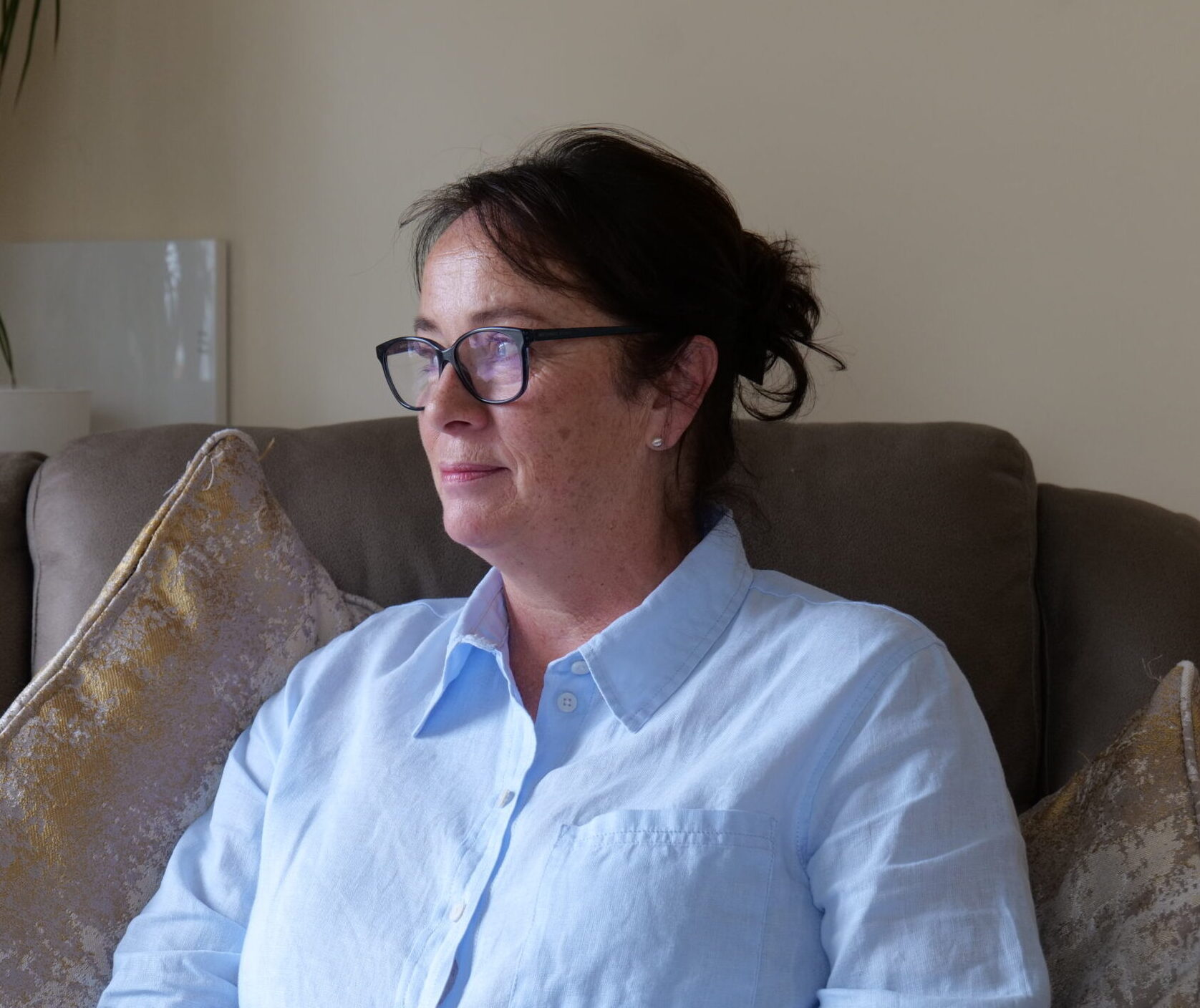


 Our 2025 Christmas Appeal Has Launched
Our 2025 Christmas Appeal Has Launched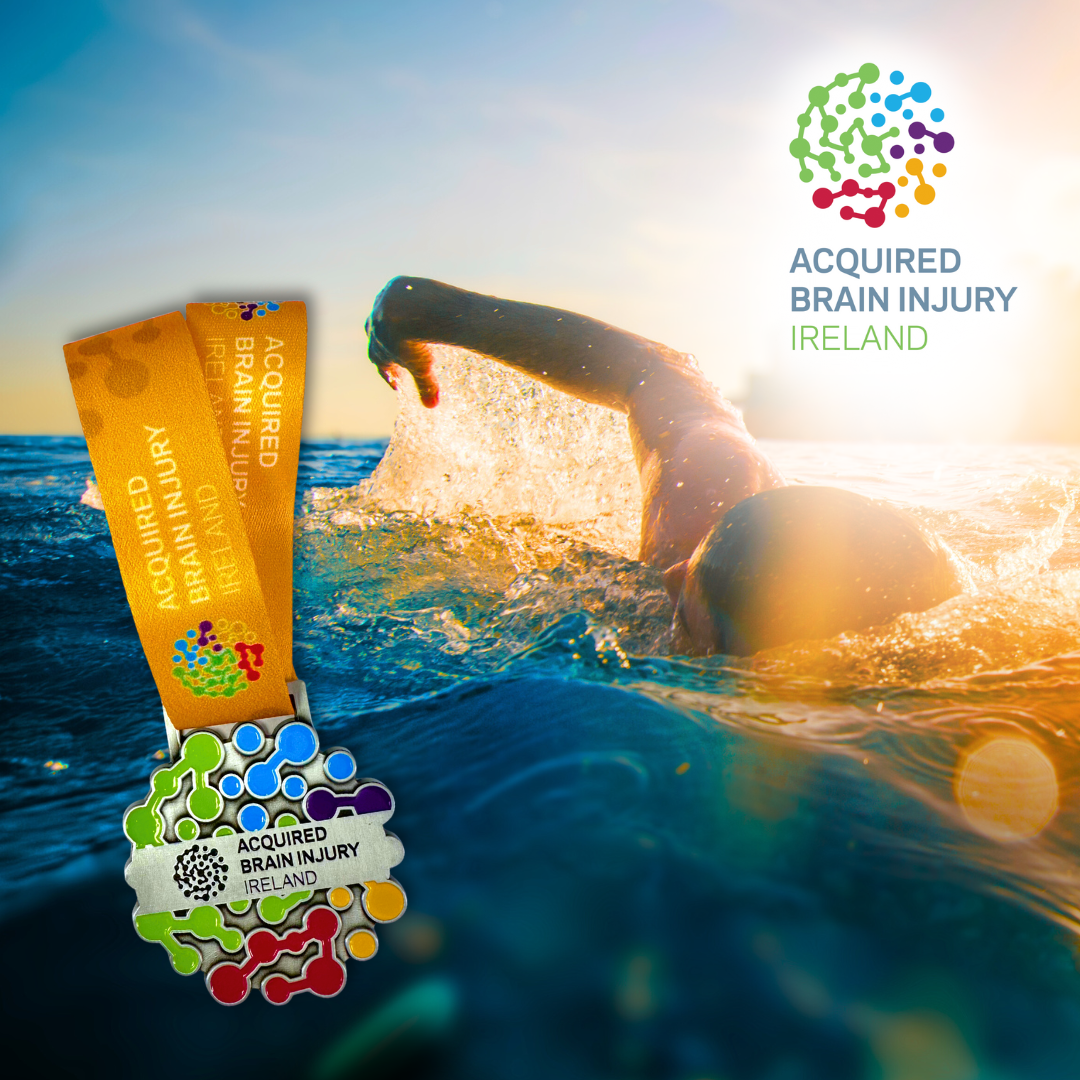 Make every stroke count: swim for survivors this November
Make every stroke count: swim for survivors this November Step Up For Brain Injury 2026
Step Up For Brain Injury 2026 Gratitude Gala
Gratitude Gala